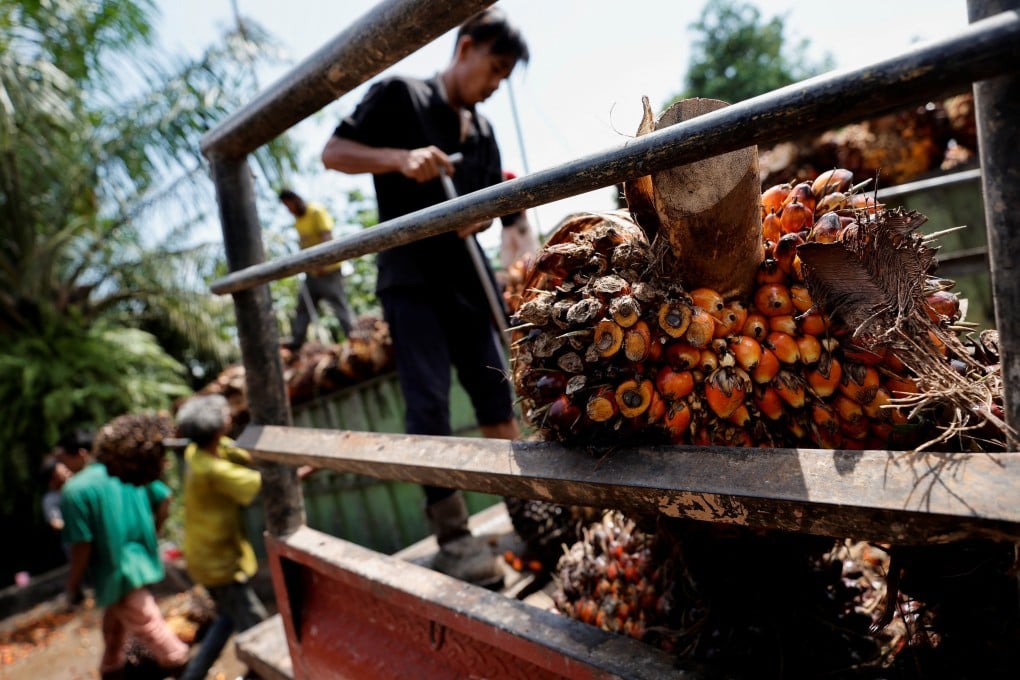Why did Indonesia’s Joko Widodo decide to impose sudden all-out ban on palm oil exports? One word: Voters
- Over the course of a week, Indonesia banned palm oil exports, reversed that decision, only to once again prohibit exports of the commodity
- The government says the export ban was imposed to help reduce domestic shortages and hold down prices, but some analysts think it was done to appeal to voters

In a televised address on Wednesday night, Widodo admitted the decision to halt the exports of oilseeds and products intended for edible oils, including crude palm oil (CPO), will carry “negative impacts” on Indonesia’s foreign exchange reserve and tax income.
“It is ironic that we, as the world’s largest producer of palm oil, are having difficulties getting cooking oil,” Widodo said.

“As president, I can’t allow that to happen, it’s been four months of scarcity and the government has tried various policies but they haven’t been effective. Therefore, the government decided to prohibit the export of raw materials for cooking oil and cooking oil to foreign countries.”
The shortage has been exacerbated by poor regulation and producers who are reluctant to sell at home because high international prices have made exports more profitable.
The last minute policy flip-flop underlines Jakarta’s tendency to launch a widely-significant policy without having a proper assessment on its impacts, says Bhima Yudhistira, executive director at Jakarta-based think tank Center for Economic and Law Studies (Celios).